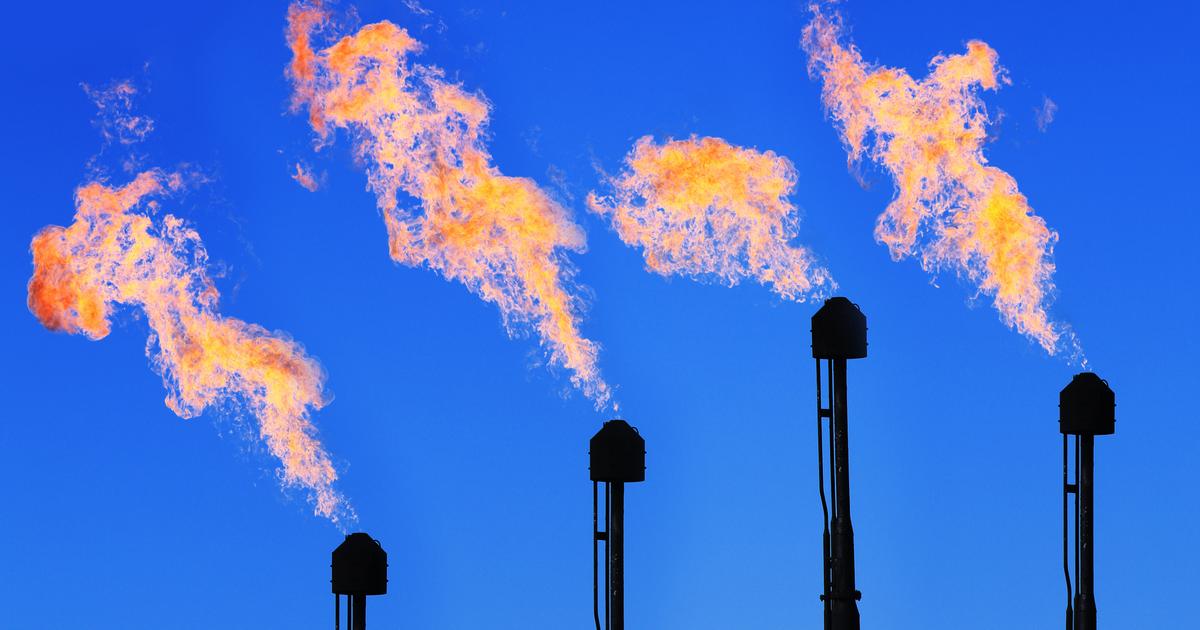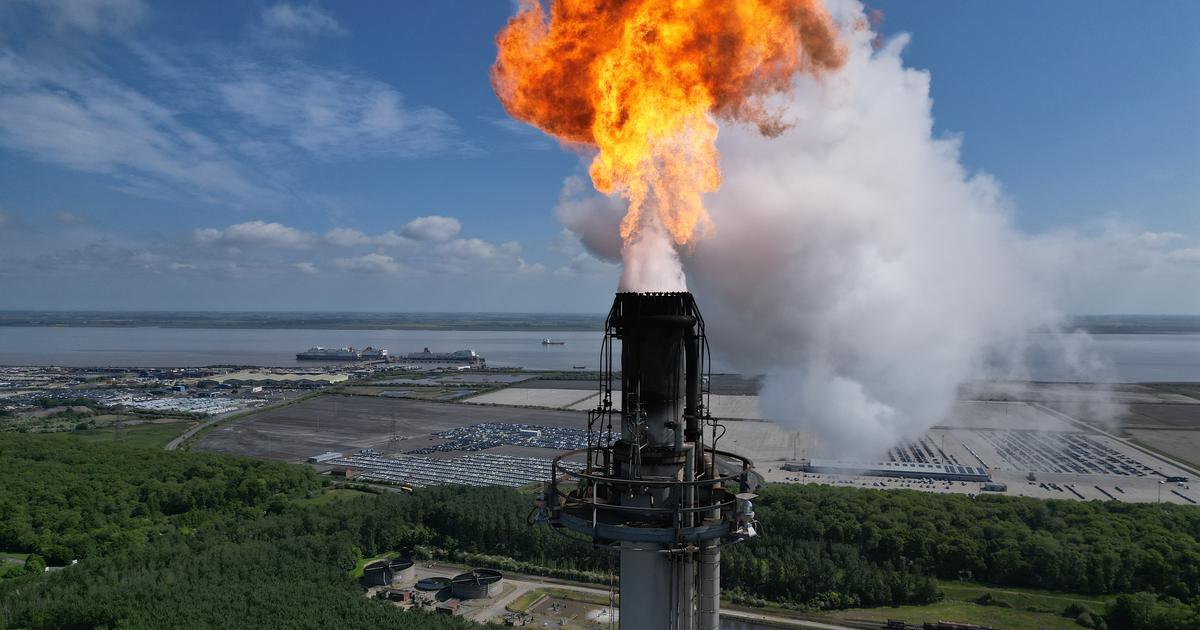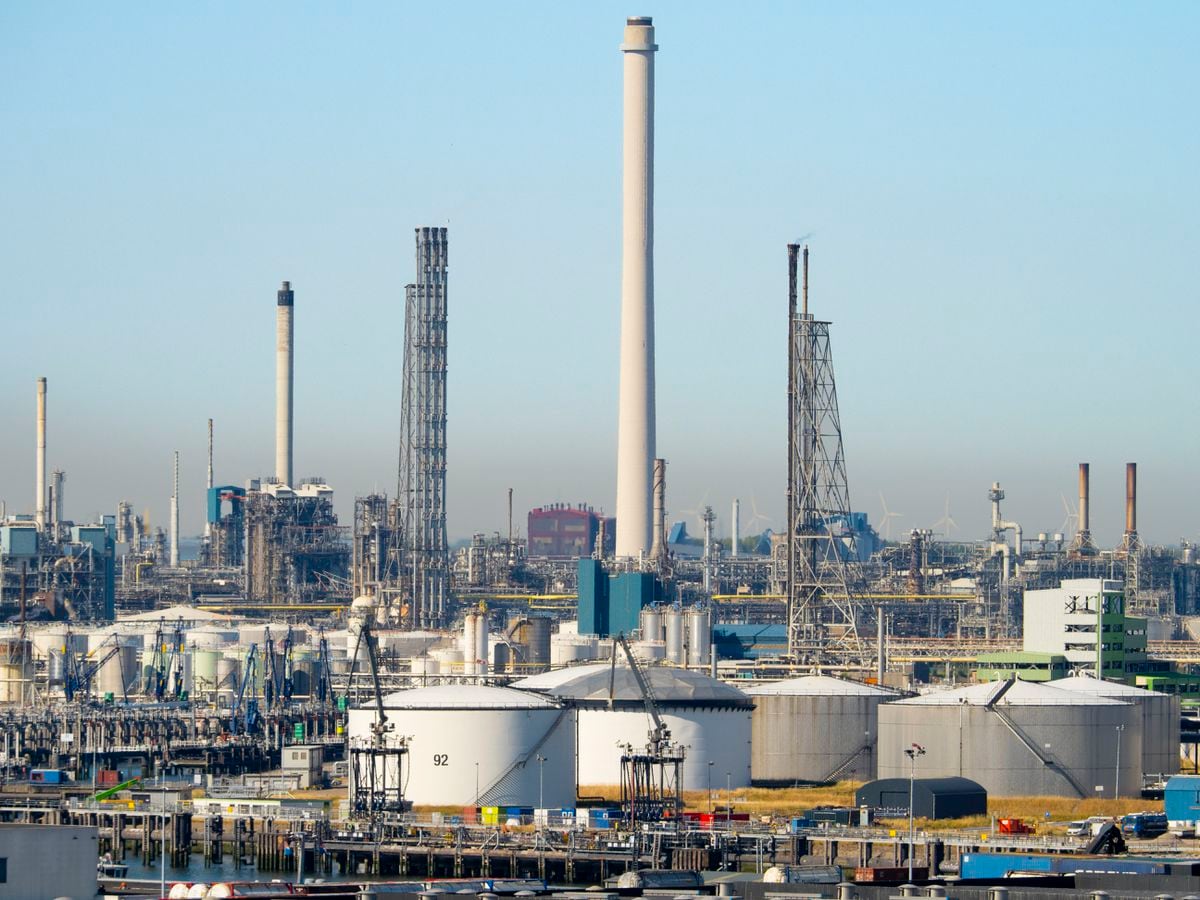Global emissions of methane, a greenhouse gas much more potent than CO2, increased by 9% between 2006 and 2017, mainly from the energy and agriculture sectors, according to a study published Wednesday.
Also read: "Safety, health, climate: a permanent state of emergency"
While 40% of these emissions are of natural origin (emissions from wetlands in particular), around 60% are due to human activities, according to this study conducted by more than 100 international researchers under the aegis of the Global Carbon Project.
Methane is the second anthropogenic greenhouse gas after carbon dioxide (CO2), but its warming effect is 28 times greater per kilogram than that of CO2 over a 100-year horizon. Its atmospheric concentrations have more than doubled since the start of the industrial era, reaching 23% of the global warming produced by greenhouse gases.
The increase calculated by the researchers (from the observed productive activities and atmospheric measurements) corresponds to climatological scenarios of strong warming, between +3 and 4 degrees in 2100.
Either well beyond the objectives of the Paris Agreement of 2015, to maintain the global rise in temperature " significantly below 2 ° C compared to pre-industrial levels, by continuing the action taken to limit the rise from temperature to 1.5 ° C ”. To meet the latter objective, greenhouse gas emissions should drop by 7.6% annually, according to the UN.
" If we want to respond to the Paris Agreement, we must not be content with limiting carbon dioxide emissions, we must reduce them as well as those of methane, " warns Marielle Saunois, from the Laboratory of Climate Sciences and the Environment (CEA / CNRS / University of Versailles Saint-Quentin), which coordinated this study.















